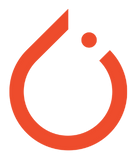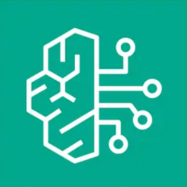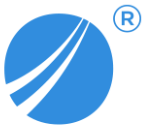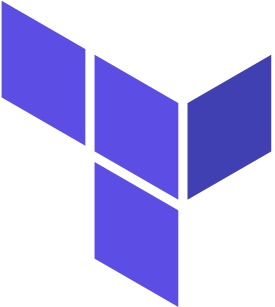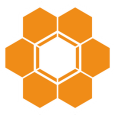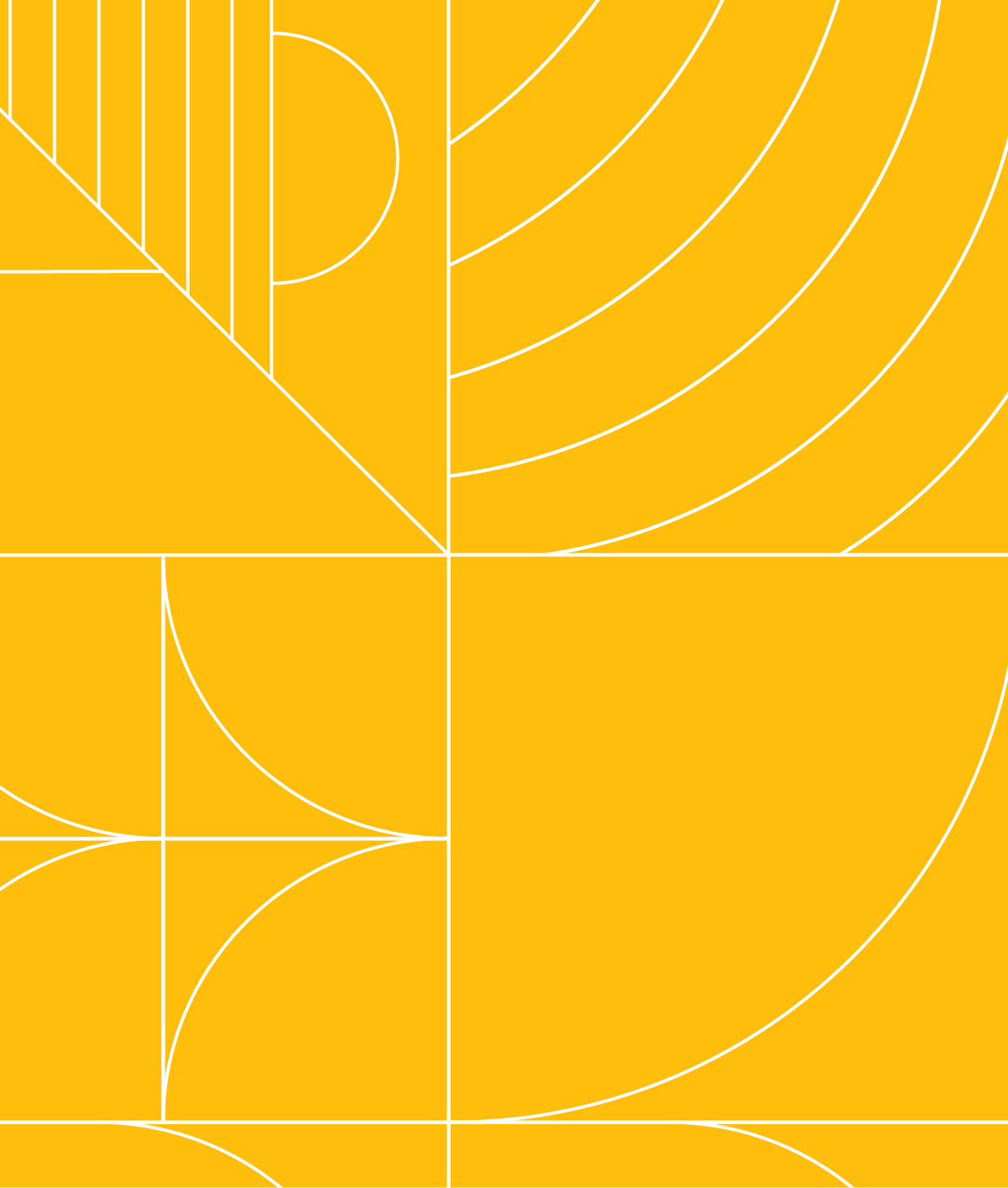Visual inspection is an essential step in the production process of many industries, including manufacturing and pharmaceuticals, to examine products for defects or errors. However, this process can be time-consuming and costly, and therefore, only carried out on a sample basis, leading to rework and inefficiencies in downstream production steps.
Inspector training is often complex and not easily scalable.
Artificial intelligence and deep learning algorithms can assist inspectors by “augmenting” their diagnostic capabilities or automating some of the Quality Control processes.
Computer vision can be used to detect a wide range of defects, including surface defects, dimensional errors, and missing or incorrect components. It can also be used to verify products’ compliance with regulations and standards.
In the manufacturing industry, computer vision-based visual inspection can be applied to a variety of products, such as mechanical parts, electronics, and packaging, locating and identifying different types of non-conformities.

